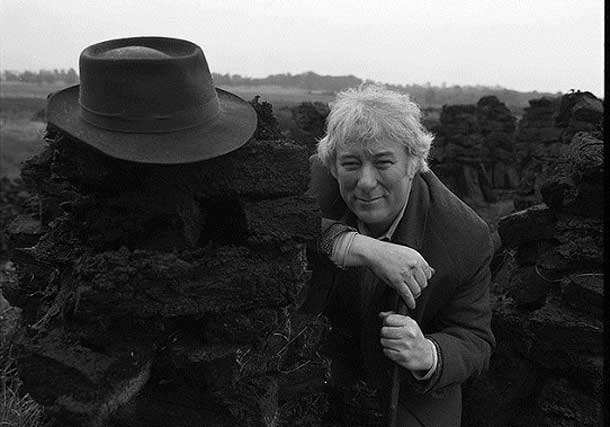
CHICAGO – LIVING – I am often asked by those interested in writing, and, by students with a keen determination to begin and continue the good work of writing things down if there might be a few guidelines to consider.
Have collected these ideas in promoting the craft, the discipline, and the gentle freedom the act of writing brings on.
- The first steps in beginning require greater patience. But carry on. Ideas will form. One’s Writing will take shape given good care. And dedicated commitment.
- The way to write is to write. A pen even a common pencil and a notebook will provide tools to capture your stream of consciousness. An iPad or laptops both provide a good medium work with. But, no matter, keep putting words on a page.
- Never let up on your dream. It’s important to record things in the present moments you possess. These will eventually represent formative stages in the construction of things to come.
- Good descriptive writing may be hard. Taxing to get it correct. Often requires re-writing. But that’s all part of the process. The act of writing. Remember all description is an opinion about the world. Find your mark. Your place to stand on. And, stay on your compositional course.
- Write whatever you like as your subject. Fiction is made of words on a page; reality is made of something else. It doesn’t matter how “real” your story is, or, how invented. What matters is its essential grittiness in carrying your reader with you in your narrative.
- Try to be accurate. Good pursuits allotted to research and reference time are touches that will ultimately bring a sterling ring to your work. They actually polish the gem-craft in your labour. Will gradually mesh well with your vision. Keep good notebooks.
- Just imagine this: you’ve entered a place where will not have a your favourite kinds of pens or implements to scratch down idea with. There, also, happens to be–sadly– no paper. No computers. Everyday materials are unavailable. This becomes a big barren void of nothingness. Thus, no format to create your sentences and words on a page. So fast forward to where you are currently. Quit debating about where or when to write. Get on with the creative impact of writing now. These next fifteen minutes. This hour. Get cracking. Avoid other distractions. Along this notion I heard a fine summation attributed to Emily Dickinson. She apparently felt if you wait too long…everything will lack form. Become meltwater. Like a running tide. Which you will never be able to file that away–on paper inside a folder kept for your re-working your next poem, dispatch, novel, or piece of creative writing that you maintain in your writer’s cabinet.
- Be a free spirit. The artist and writer lives many times, on the one hand, in a kind of semi- nomad state of creative consciousness. But also understanding, on the other hand, this liberty in writing also requires a hefty grammatical discipline to pin things down. To follow a source. To complete a short story, bio, or sketch. Even a going travel piece that’s captured your attention lately. You must adjust and adapt. Keep yourself in the moment. In the now. Anticipating what evolves in the end is your gift as a scribe. A writer. A kind of Gulliver travelling examining both big and little things that will make your exhilaration in writing, your fascination in revealing themes, a magnet for your readership to be attracted to. Where they want to share in appreciating the value of your toiling with words in the English language. Give it your heart.
- Keep treading on a positive terrain. Writing requires good footing as Graham a Greene once said of his literary terrain he called Greenland. Besides good footing becomes a compass measuring the elements you select. Your choice of words. Like Jack Kerouac or Margaret Atwood’s active-passive, micro-macro methods. Making their skills, true classics. Remember no one has to perish on a writer’s Odyssey.
Homer has written of that kind of drama for everyone who reads historic legends. But Homer’s insight, paraphrased here, is so valid within the realm of writing. It is said of Homer’s mythological wandered, he travelled much. Saw many lands.
Perceived the minds of good men. Amen. All such an effective conduit in getting your own creative alchemy flowing. 10. Remember if you sit at the place you write each time. By a window. In a porch looking onto your house deck. In a place in your den. Through the seasons. It changes you. It may not seem like that much in some days.
Like a proverbial rainy day atmosphere perhaps with a cloudy environment–briefly– shrouding things. But keep your stamina “up” like a marathoner. The race is yours. These written journeys will eventually invigorate you.
Because it fixes you. Actually gives the freedom–which is yours– to write to encounter James Joyce’s kind of zesty spirit located in the making-house of reflective and perceptive writing. It becomes your own blessing to being. Sharing your time on this green earth with fellow human beings. Who knows?
Your efforts may one day be neatly printed, and bound, with the simple title being:
Hard To Get It Right. And like the ancient Latin motto that declares, “Through a struggle, we emerge.” The satisfaction delivered is the purification for your pursuits in your native language.
Ronn Hartviksen






